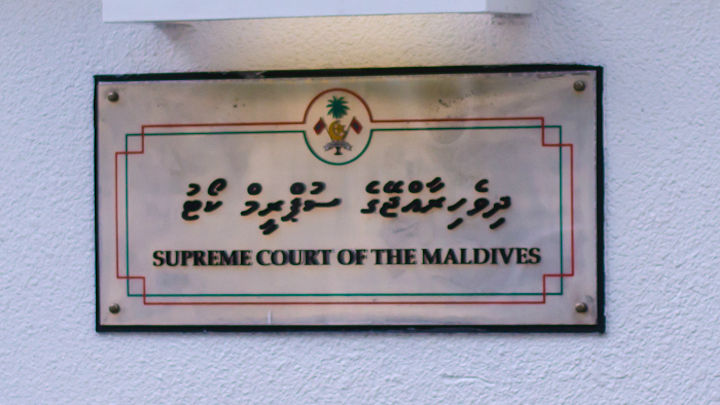Supreme Court warns of action against judges over stalled trials
The apex court issued a circular yesterday saying that it will hear complaints from defendants and prosecutors and take action against judges if a trial has been delayed for an unreasonable amount of time. Stalled cases would then be “reassigned to another judge of the presiding court” or “reassigned to a judicial delegation chosen by the Supreme Court.”

21 Jan 2016, 09:00
In a bid to speed up trials, the Supreme Court warned that action will be taken against judges over unduly stalled cases.
The apex court issued a circular yesterday saying that it will hear complaints from defendants and prosecutors and take action against judges if a trial has been delayed for an unreasonable amount of time.
Stalled cases would then be “reassigned to another judge of the presiding court” or “reassigned to a judicial delegation chosen by the Supreme Court.”
The new rules are aimed at ensuring the delivery of justice with “ease and in a timely manner,” the court said.
Become a member
Get full access to our archive and personalise your experience.
Already a member?
Discussion
No comments yet. Be the first to share your thoughts!
No comments yet. Be the first to join the conversation!
Join the Conversation
Sign in to share your thoughts under an alias and take part in the discussion. Independent journalism thrives on open, respectful debate — your voice matters.




